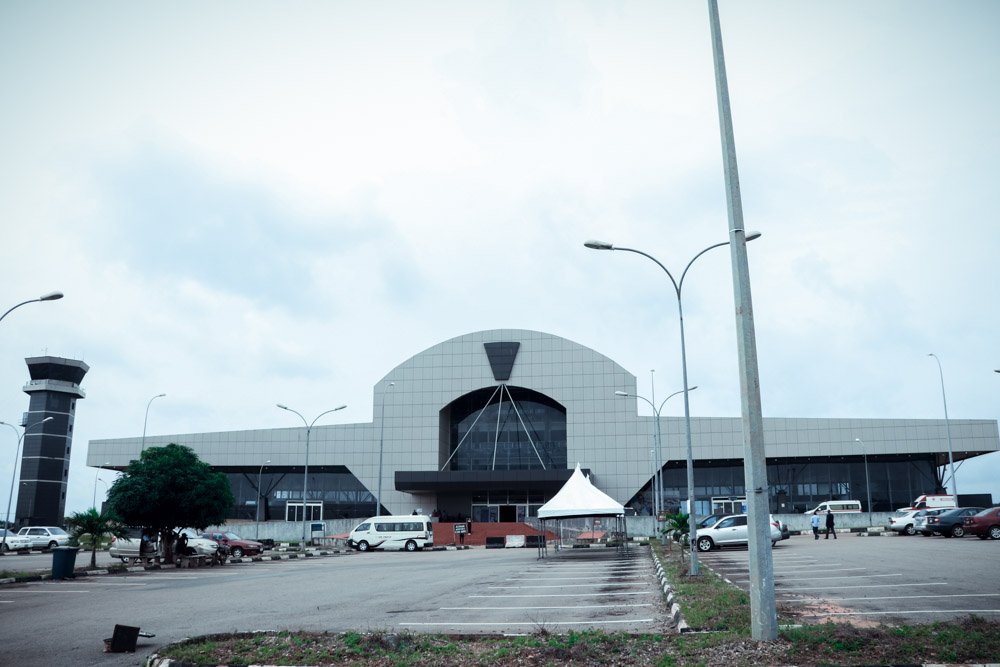Asaba, the capital city of Delta State in Nigeria, is strategically located on the western bank of the Niger River. Known for its vibrant culture, historical significance, and rapid development, Asaba has become a focal point for both residents and investors. This guide provides an overview of Asaba’s neighborhoods, infrastructure, amenities, and real estate market.
Overview of Asaba
Asaba is characterized by its rich cultural heritage and historical landmarks. It is a melting pot of different ethnic groups, with a predominant Igbo population. The city serves as a gateway between Eastern and Western Nigeria, making it a significant commercial hub.
Neighborhoods
Asaba boasts several distinct neighborhoods, each offering unique characteristics and amenities:
Government Reserved Area (GRA)
The GRA is one of the most prestigious areas in Asaba, featuring upscale residential properties, well-paved roads, and a serene environment. It houses many government officials, expatriates, and affluent individuals. The area is known for its security, green spaces, and proximity to essential services.
Okpanam
Located in the outskirts of Asaba, Okpanam is rapidly developing with a mix of residential and commercial properties. It offers a more affordable housing option compared to the GRA and is popular among middle-income earners. The area is witnessing infrastructure improvements, attracting more residents and investors.
Cable Point
Cable Point is a densely populated area known for its bustling markets and vibrant nightlife. It offers a mix of low to mid-range housing options and is popular among traders and young professionals. The neighborhood is characterized by its commercial activities and cultural diversity.
Ibusa
Ibusa is a suburban area with a mix of residential and agricultural land. It is known for its peaceful environment and affordable real estate options. The area is ideal for families looking for larger plots of land and a quieter lifestyle.
Infrastructure and Amenities
Asaba’s infrastructure and amenities are improving steadily, contributing to its growing appeal:
Transportation
Asaba is well-connected by road, air, and water. The Asaba International Airport facilitates easy travel to major Nigerian cities and neighboring countries. The city is also served by several major highways, including the Asaba-Benin Expressway and the Onitsha-Asaba Expressway, ensuring smooth intra and inter-state travel.
Education
Asaba hosts a variety of educational institutions ranging from primary schools to tertiary institutions. Notable examples include Madonna International School, Federal College of Education (Technical), and Delta State University, Asaba Campus. These institutions attract students from various parts of Nigeria, enhancing the city’s educational profile.
Healthcare
The city has several healthcare facilities, including the Federal Medical Centre and various private hospitals and clinics. These facilities provide comprehensive medical services, contributing to the city’s overall health infrastructure.
Shopping and Entertainment
Asaba offers numerous shopping and entertainment options, including modern malls like the Asaba Mall, which houses several retail stores, restaurants, and a cinema. Traditional markets such as Ogbeogonogo Market provide local goods and produce, adding to the city’s vibrant commercial life.
Real Estate Market
The real estate market in Asaba is diverse and dynamic, catering to a wide range of preferences and budgets. Here’s an in-depth look at the market trends:
Residential Real Estate
The residential real estate market in Asaba ranges from luxury villas in the GRA to more affordable housing in areas like Okpanam and Ibusa. The demand for residential properties is driven by the city’s growing population, increased economic activities, and infrastructural developments.
High-End Properties: In neighborhoods like the GRA, luxury homes can range from ₦50 million to ₦200 million. These properties often feature modern architecture, large compounds, and state-of-the-art facilities.
Mid-Range Properties: In areas like Okpanam and Cable Point, mid-range properties typically cost between ₦10 million and ₦30 million. These homes are popular among middle-income earners and young professionals.
Affordable Housing: Ibusa and other suburban areas offer more affordable options, with prices ranging from ₦5 million to ₦15 million. These areas are attractive for families looking for larger plots of land and a quieter environment.
Commercial Real Estate
Asaba’s commercial real estate market is thriving, fueled by its strategic location and economic activities. Key areas of investment include office spaces, retail outlets, and industrial properties.
Office Spaces: There is a growing demand for office spaces, particularly in the GRA and city center. Prices for commercial office spaces range from ₦500,000 to ₦2 million per annum, depending on the location and facilities.
Retail Outlets: The rise of shopping malls and retail complexes has boosted the retail property market. Rental prices for retail spaces in prime locations like the Asaba Mall range from ₦1 million to ₦5 million per annum.
Industrial Properties: With Asaba’s proximity to major trade routes, industrial properties are also in demand. Prices for industrial land and warehouses vary widely based on size and location.
Investment Opportunities
Investing in Asaba’s real estate market offers several opportunities due to the city’s growth potential and strategic location:
Rental Properties: With a steady influx of residents and professionals, rental properties in Asaba can generate significant returns. The rental yield for residential properties ranges from 5% to 10% annually.
Land Investment: Investing in land, especially in developing areas like Okpanam and Ibusa, offers substantial appreciation potential. As infrastructure continues to improve, land values are expected to rise.
Commercial Developments: Developing office spaces, retail outlets, or mixed-use properties in Asaba can be highly lucrative, given the city’s expanding commercial activities.
Challenges and Considerations
While Asaba presents numerous opportunities, potential investors should be aware of certain challenges:
Regulatory Framework: Navigating the regulatory environment can be complex. It is essential to work with local experts to ensure compliance with all legal requirements.
Infrastructure Gaps: Despite ongoing improvements, some areas still face infrastructural challenges, such as inconsistent power supply and road maintenance issues.
Market Volatility: Like any real estate market, Asaba’s market can be subject to fluctuations based on economic and political factors. Investors should conduct thorough market research and risk assessments.
View listings of land for sale in Asaba, Delta
View listings of commercial property for sale in Asaba, Delta

Be First to Comment